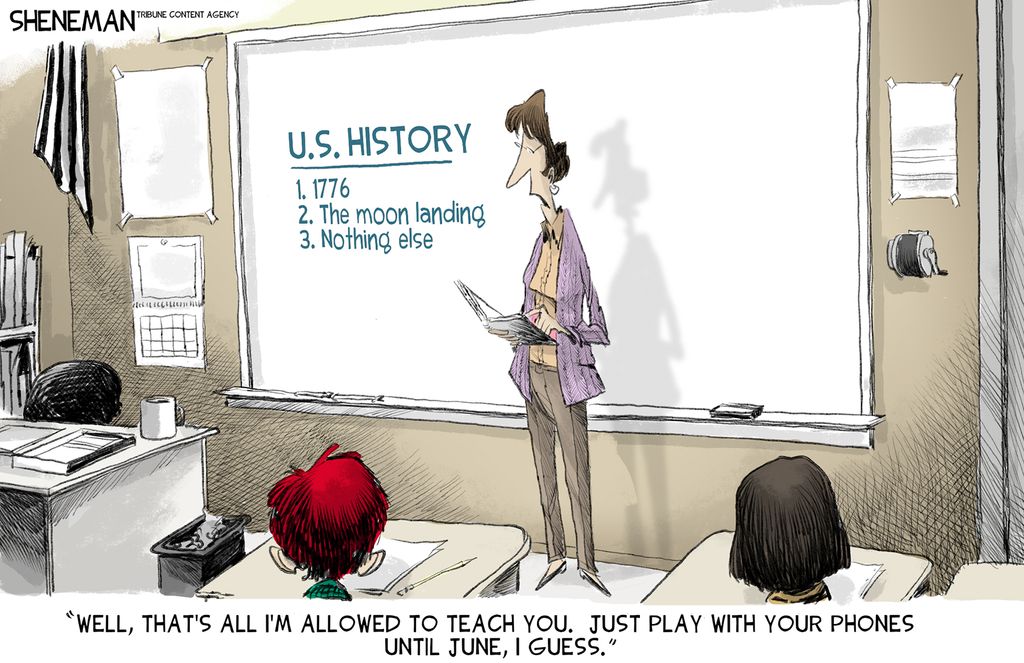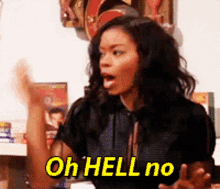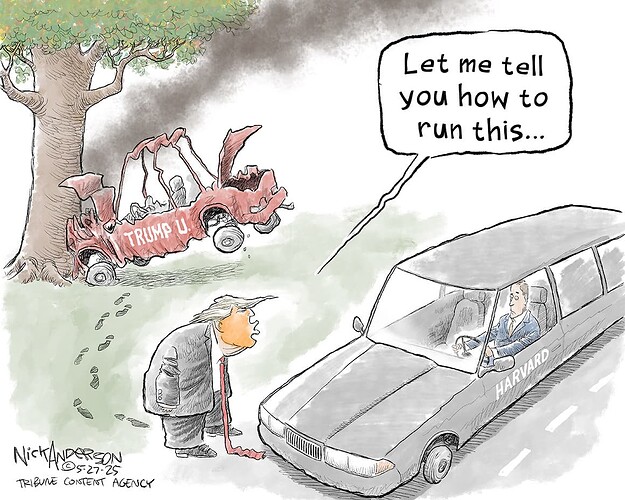Not actually created in reaction to the rapist felon, but still amusing.
I have seen the handwriting of HS kids these days. I hate to sound old, but when a doctor looks at your handwriting and is horrified, you have most definitely crossed a Rubicon of some sort!
I’m glad to see the pushback, even if it’s not a complete solution. The undervaluing of teachers and all that they do for students, combined with over-emphasis on for-profit tech firms who claim AI can replace them is also brought up here:
The part about illiteracy made me wonder if that’s getting worse as a result:
Could this be part of the right-wing tech bros’ plans to attack education, or do they really believe in the crap they’re selling to be used on the masses (after they’ve had the benefit of a better education)? Either way, we need to stop efforts to put more tax dollars into it and fight to not only keep real teachers but also get them the compensation they deserve.
I’m about 2 1/2 episodes into this podcast:
The tl;dr is that one of the predominant methodologies for teaching kids to read in use in the US is:
- ineffective
- not supported by research
- designed as a remedial approach but then applied to everyone
Short version is that millions of kids are getting early reading education that doesn’t include phonics and relies essentially on guessing what words are being used in a sentence.
And are taught to write similarly….oh, it’s OK if they can’t spell, they’ll learn that in a later grade.
Interesting. My son has dyslexia. Phonics didn’t really work for him, for many reasons. He eventually learned to read [1] by focusing on the overall shape of the word and memorizing that - exactly the way you’d learn to read if you were, say, Chinese. I believe it was harder, because the word-shape in English is not a pictogram of any sort, just an abstract shape. And according to his description, the shape changes when he goes back to re-read it. Guessing based on context is absolutely part of it too. But this is not a path anyone should choose for a kid who has other options.
[1] I believe he’d nearly given up entirely on reading, until he stumbled upon a really fun series of kids’ books, and he was so delighted he needed to keep reading. I’ve written the authors to thank them. The books that did it for him were “Bad Guys”, by Aaron Blabey, “Ninja Kid” and “Wolf Girl” by Anh Do.
I first learned about this dyslexic font because one of my children is diagnosed with dyslexia. In trying it out, I discovered that it helps me, too. It’s free and works with all my reading platforms, like Libby, Kindle, etc.
Cool, thanks. We’ll give it a whirl.
Attempting to limit what teachers can include in their lessons, and then suggesting they could be replaced by AI?



Here’s her speech:

